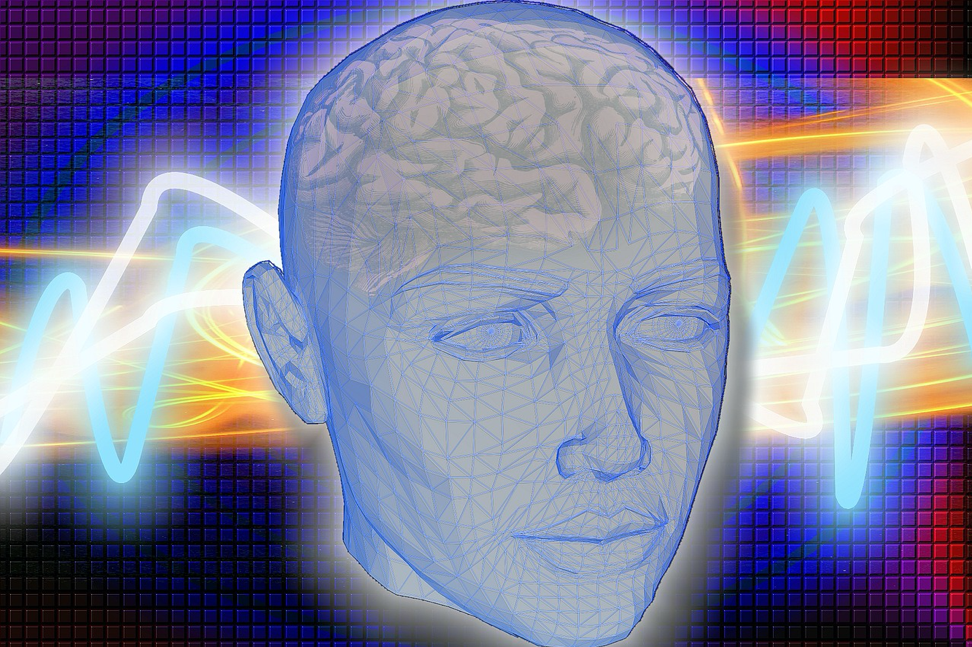Do you have a sound disorder such as tinnitus? Tinnitus is a condition that causes a constant ringing or buzzing sound, hence the name “Ringing in the Ears”. This sound may be continuous, or it may occur off and on. Tinnitus sounds can be frustrating and lead to depression, stress, and anxiety. Tinnitus is not a disease itself, but a condition that arises because of other diseases.

(Source)
Sound Disorders: Tinnitus Symptoms
Tinnitus is the sensation of hearing sounds without any external source. The symptoms of Tinnitus include phantom noises in your ear, such as the following:
- Ringing
- Roaring
- Hissing
- Buzzing
- Clicking
- Humming
The noises may occur in different pitches in one or both ears. In some cases, the intensity of sound can be so loud that it affects the concentration of the person or drowns out other sounds from the surroundings. There are two types of Tinnitus:
- Subjective Tinnitus
Only you can hear subjective Tinnitus. This type of Tinnitus is common. The region from where this condition originates is the inner, middle, and/or outer ear. It can also occur due to the problems in your hearing nerves or the sensory part of your brain.
- Objective Tinnitus
Objective Tinnitus can even be heard by your doctor while examining. This Tinnitus is a rare type and can occur due to a blood vessel problem, muscle contraction, or a bone condition in the middle ear.
Common Causes of Tinnitus
Many different health conditions can cause Tinnitus. Finding the exact cause is sometimes hard. Tinnitus may be a symptom of the following conditions:
- Age Factor
Hearing gets worse with age and can lead to Tinnitus. The chance of getting Tinnitus grows significantly after the age of 60. This type of hearing loss is medically known as presbycusis.
- Exposure to Loud Noise
Loud noises from chainsaws, heavy equipment, and firearms are common causes of hearing loss. The continuous use of headphones for hearing loud music can result in noise-related hearing loss. It is advisable to keep your headphone volume low or take breaks while hearing music to reduce the chances of getting Tinnitus.
- Earwax blockage
Earwax helps trap dirt and slows down the growth of bacteria in your ear canal. Too much earwax is hard to drain causes a blockage in the ear, resulting in irritation or hearing loss. If not addressed on time, this situation can lead to Tinnitus.
- Changes in Ear Bone
When bones get stiff in your middle ear, they can cause hearing loss and Tinnitus. This condition usually runs in families.
Other Causes of Tinnitus
These are some other common causes of Tinnitus:
- Meniere’s disease
Meniere’s disease is a disorder that occurs due to abnormal fluid pressure in the inner ear. Tinnitus may be an indicator of this disease.
- TMJ disorders
Misalignment of the temporomandibular joint, which is present near your middle ear, can cause Tinnitus. This joint connects your lower jaw with your head.
- Head or Neck Injury
Head or neck injury can affect the inner ear, brain function, or hearing nerves linked. Generally, this condition only occurs in one ear.

(Source)
- Acoustic Neuroma
Acoustic Neuroma tumor is non-cancerous and develops on the cranial nerve. This nerve controls your balance and hearing and runs to your inner ear from your brain. This condition also occurs in only one ear.
5. Dysfunction of the Eustachian Tube
When the Eustachian tube remains expanded, you may feel fullness in your ear. This tube connects your middle ear with the lower throat and nasal area. It helps in removing excess fluid from your ear. The causes of such dysfunction include pregnancy, loss of weight, and radiation therapy.
- Inner Ear Muscle Spasm
A neurological disease like multiple sclerosis can cause this condition. Sometimes, it can happen with no explainable reason. This condition can also be a result of muscle spasm inside your inner ear. You may feel Tinnitus, the fullness of ear, or hearing loss.
Conclusion
If you have Tinnitus, you should visit a Tinnitus treatment specialist as soon as possible as this condition can get severe with time. Tinnitus treatment specialist, Stephen Katz, can help you with your Tinnitus.
Contact us at (646) 213-2321 or schedule an online session to discuss your options.
